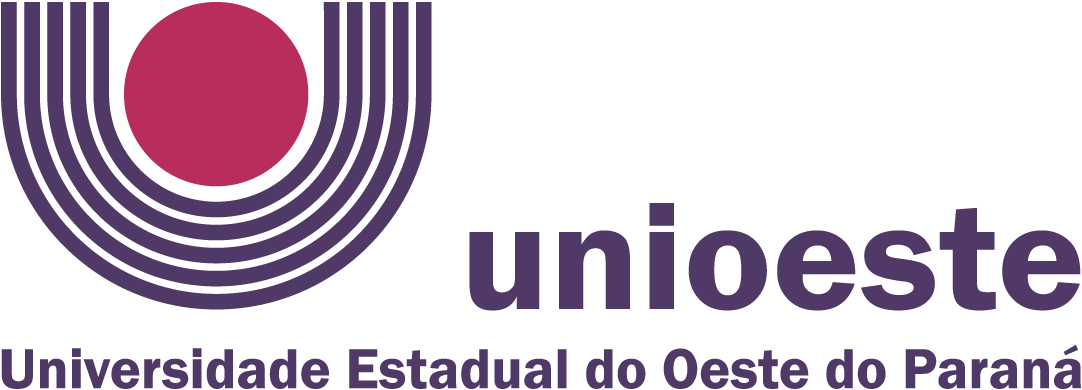
Alumni
Monitoring of Alumni (2012-2020)
The State University of Western Paraná (UNIOESTE) offers a Postgraduate Program in Electrical and Computer Engineering (PGEEC), which began in 2010. The program aims to train qualified professionals for academic and non-academic roles, focusing on Electrical Systems and Computing. It is structured around three research lines:
- Electrical Power Systems: Focus on modeling, analysis, and control of electrical systems.
- Control, Automation, and Computational Intelligence: Includes robotics, computational simulation, and network security.
- Biomedical Systems: Addresses modeling and methods for disease prevention, diagnosis, and therapy.
Social Profile of Graduates
Age:
- 49.1% (26 respondents) are 30–39 years old.
- 37.7% (20 respondents) are 20–29 years old.
- 13.2% (7 respondents) are 40–49 years old.
Gender:
- 77.4% (41 respondents) are male.
- 22.6% (12 respondents) are female.
Race/Color:
- 73.6% (39 respondents) identified as white.
- 11.3% (6 respondents) as mixed race.
- 3.8% (2 respondents) as yellow.
- 1.9% (1 respondent) as black.
- 9.4% (5 respondents) did not declare.
Residence:
- 62% (33 respondents) live in Foz do Iguaçu (where PGEEC is based).
- 20% (11 respondents) live in other cities in Paraná.
- 9% (9 respondents) live in other Brazilian states or abroad (e.g., Paraguay).
Professional Profile
Field of Work:
- 76.9% (40 respondents) work in Electrical and/or Computer Engineering.
- 23.1% (12 respondents) do not work in the field.
- 15.4% (8 respondents) are not currently employed.
Nature of Work:
- 23.1% (12 respondents) are professors at public universities.
- 23.1% (12 respondents) are technicians at public institutions.
- 17.3% (9 respondents) are professors at private universities.
- 9.6% (5 respondents) are entrepreneurs.
- 7.7% (4 respondents) work for private companies.
- 19.2% (10 respondents) work in other fields.
Work Regime:
- 30.8% (16 respondents) are civil servants.
- 30.8% (16 respondents) work under the CLT regime (Brazilian labor law).
- 7.7% (4 respondents) are liberal professionals.
- 17.3% (9 respondents) work in other regimes.
Workplace:
- Common employers include UNIOESTE, Itaipu Binacional, UNILA, UTFPR, and Itaipu Technological Park.
Monthly Income:
- 39.2% (20 respondents) earn between R5,000andR5,000andR10,000.
- 23.5% (12 respondents) earn between R2,000andR2,000andR5,000.
- 15.7% (8 respondents) earn up to R$2,000.
- 7.8% (4 respondents) earn above R$10,000.
- 13.7% (7 respondents) preferred not to disclose their income.
Income Growth:
- 80.8% (42 respondents) reported higher income after completing the master’s program.
- 11.5% (6 respondents) reported no income increase.
- 7.7% (4 respondents) preferred not to answer.
Program Impact
Preparation for Professional Practice:
- 82.7% (43 respondents) said the program contributed extensively.
- 13.5% (7 respondents) said it contributed partially.
- 1.9% (1 respondent) said it did not contribute.
Job Market Entry:
- 63.5% (33 respondents) reported no difficulty entering the job market.
- 21.2% (11 respondents) faced challenges due to lack of experience.
- 17.3% (9 respondents) cited a lack of job opportunities.
Contact with PGEEC After Graduation:
- 79.3% (23 respondents) maintained contact through publishing articles with advisors.
- 17.2% (5 respondents) participated in qualifying exams or dissertation committees.
- 6.9% (2 respondents) organized or published books/chapters with advisors.
Acessos: 351
